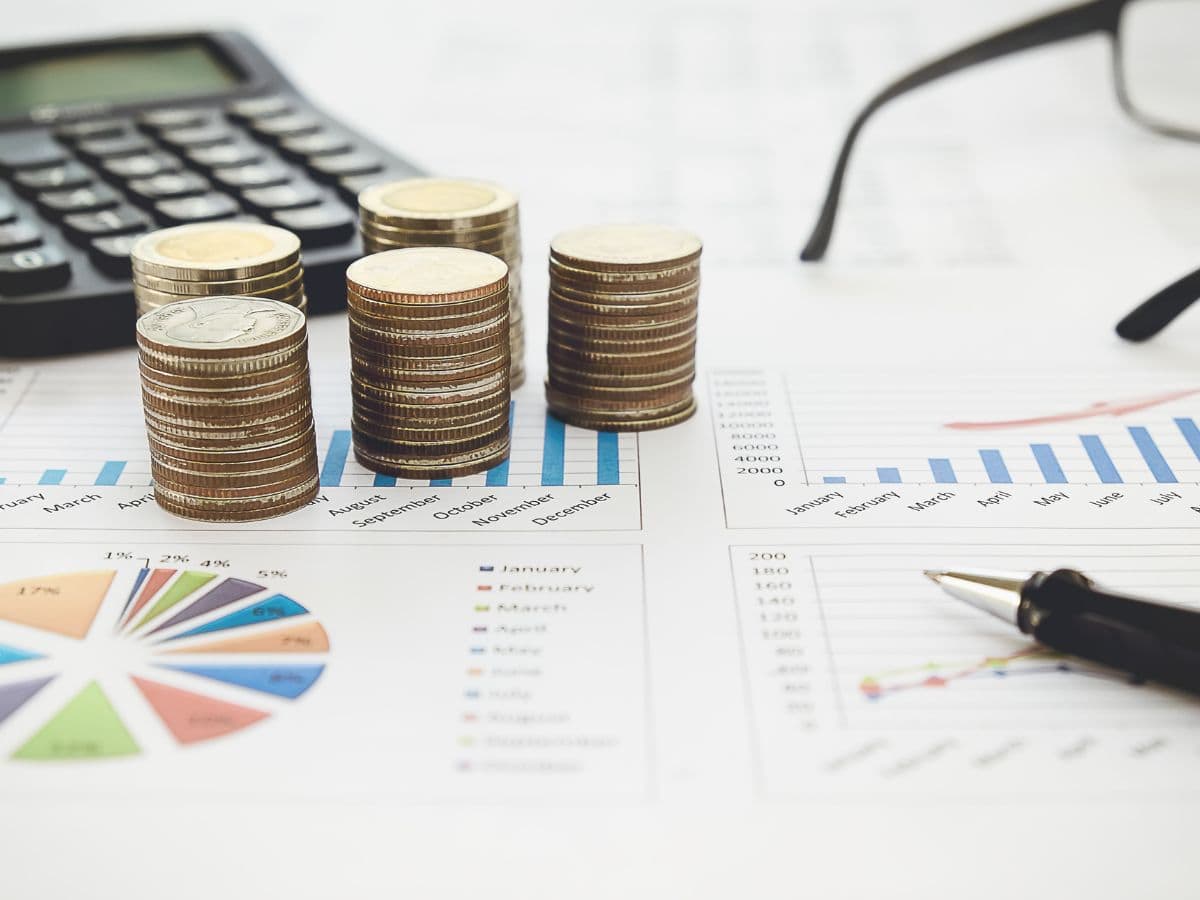If you’re looking to raise capital to grow your business, the SBA 7(a) loan program may be one of your most flexible and affordable options. From low interest rates to extended repayment terms, this government-backed loan helps small businesses secure the funding they need—especially when traditional bank financing isn’t available.
Let’s break down how the 7(a) loan works, who qualifies, and what you’ll need to apply.
Why Consider an SBA 7(a) Loan?
Here are the top three reasons business owners pursue a 7(a) loan:
- Low Interest Rates: Some of the most competitive rates available in commercial lending
- Flexible Repayment Terms: Up to 10 years for most uses, and up to 25 years for real estate
- Minimal Collateral Requirements: Many loans don’t require specific assets to qualify
How Much Can You Borrow?
-
Standard 7(a) loan: Up to $5 million
-
SBA Small Loan: Up to $350,000
-
Repayment terms:
-
Up to 10 years for working capital, equipment, and most uses
-
Up to 25 years for real estate purchases or construction
-
How Can You Use the Funds?
SBA 7(a) loans offer broad flexibility:
-
Business acquisition or expansion
-
Working capital
-
Equipment or inventory purchases
-
Partner buyouts
-
Commercial real estate (owner-occupied)
-
Refinancing existing business debt (with justification)
Rates, Fees & Loan Structure
-
Interest Rates: Variable or fixed
-
Typically prime + 2.75% to 6%, depending on loan size and term
-
-
Guarantee Fee: Charged by the SBA to offset default risk (usually added to loan principal)
-
Other Fees: May include origination, broker, or processing fees
-
Prepayment Penalty: Applies in some cases, typically within the first 3 years
Personal Guarantees & Collateral
-
Personal Guarantee Required: All owners with 20% or more ownership must personally guarantee the loan
-
Collateral: May not be required for smaller loans, but larger loans often require a combination of:
-
Business assets (UCC filing)
-
Real estate (when applicable)
-
Life insurance on owners
-
Personal residence (in some cases)
-
Equity Requirements
SBA 7(a) loans have flexible debt-to-equity requirements:
-
New businesses: Up to 3:1 debt-to-equity ratio
-
Established businesses: Up to 4:1
This allows you to leverage a relatively small cash investment into a significantly larger loan—ideal for growth-stage companies.
Application Process & Key Documents
Applying for an SBA 7(a) loan requires thorough documentation. Here’s what you’ll typically need:
-
SBA Form 1919: Borrower Information
-
SBA Form 413: Personal Financial Statement
-
SBA Form 912: Statement of Personal History
-
3 years of personal and business tax returns
-
Year-to-date and projected financial statements
-
Business licenses, leases, and legal documents
-
Loan application history and use of proceeds breakdown
Lenders will evaluate your net worth, profitability, and debt service coverage ratio (DSCR) — your business’s ability to repay the loan based on cash flow.
Pro Tip: A DSCR of 1.25 or higher is considered healthy — meaning your business generates $1.25 in net income for every $1.00 in loan payments.
Who Qualifies for a 7(a) Loan?
To be eligible, you must:
-
Be a for-profit business operating primarily in the U.S.
-
Have invested equity in your business
-
Show that you’ve exhausted other financing options
-
Demonstrate the ability to repay the loan through business performance
-
Meet SBA size standards based on industry
Final Thoughts
The SBA 7(a) loan is one of the most versatile funding tools available to small business owners. Whether you’re purchasing a business, expanding operations, or securing working capital, it provides affordable access to long-term financing — if you’re prepared.
Need help preparing your SBA loan application?
At Greenland Advisors, we help business owners structure deals, prepare documentation, and navigate the approval process with confidence. Our outsourced CFO team can help you present your business in the best possible light.

